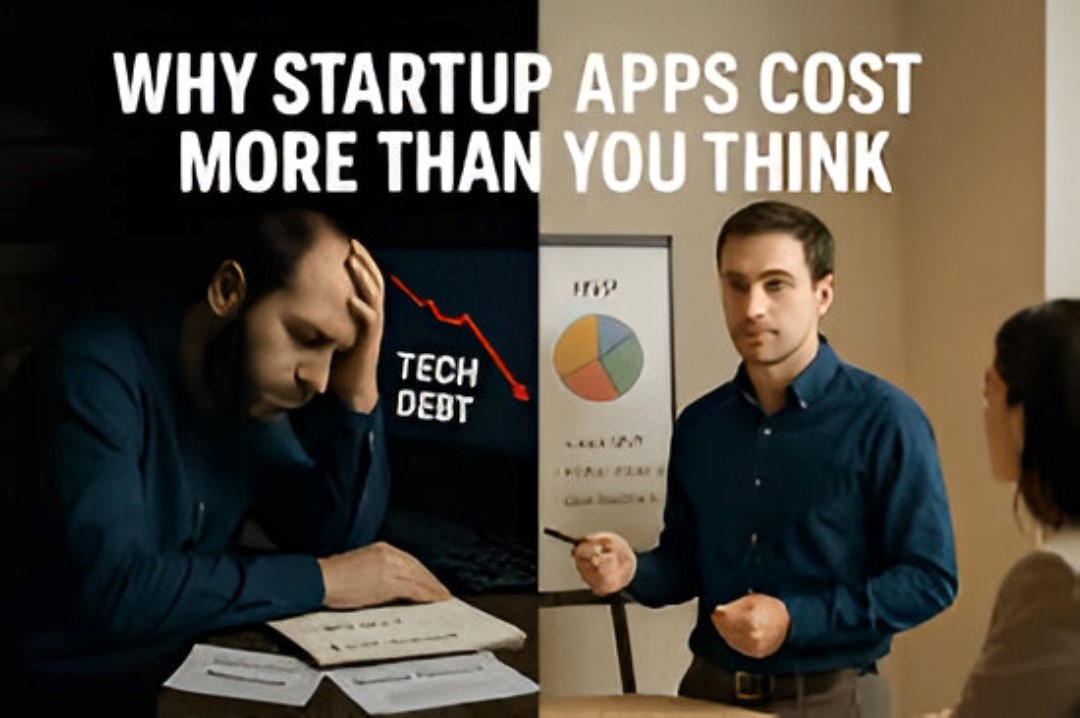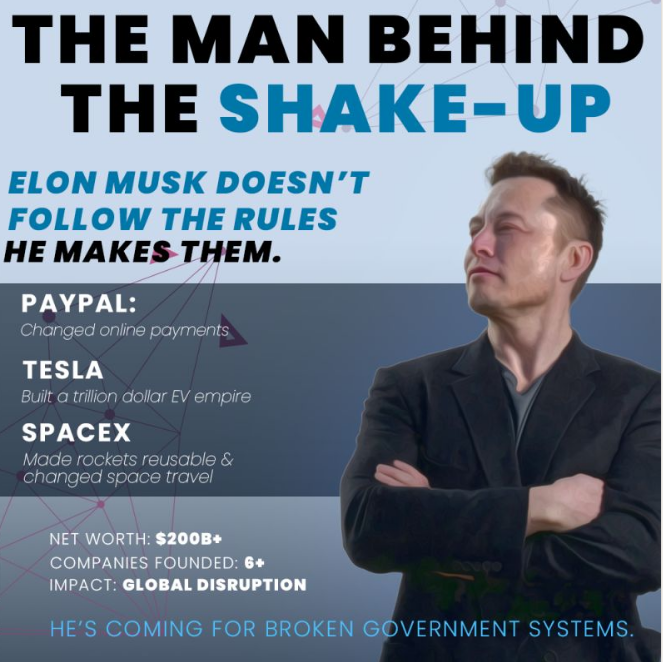Blog
She Lost Her £2.5M Idea to the People She Trusted Most


Abrash
Startup Lessons
April 6, 2025
"Hammad, can I trust you?"
The voice on the other end of the call was trembling.
I could hear years of pain in those five words. This wasn't just a business question—it was the desperate plea of someone who'd been betrayed at the deepest level.
Her story still keeps me up at night.
The Betrayal That Changes Everything
Meet Sarah (not her real name). Brilliant entrepreneur. Revolutionary SaaS idea that could transform an entire industry.
She did everything "right":
- Researched the market thoroughly
- Validated the problem with potential customers
- Found a reputable development company
- Shared her vision with people she trusted
That trust destroyed her.
The development company she hired didn't just build her app. They stole her entire concept, pivoted their own business around it, and raised £2.5 million in funding.
Her idea. Their bank account.
The legal route? £15,000 just to start—money she didn't have after paying for development.
The justice system? Moved slower than a glacier while her stolen idea dominated the market.
Her dreams? Crushed under the weight of betrayal.
The Lie We All Believe About Idea Theft
Here's what most founders get completely wrong about protecting their ideas:
They're afraid of the wrong people.
You're worried about posting in online communities, sharing on social media, or discussing your idea at networking events.
Meanwhile, the real threats are sitting across from you at the conference table.
The brutal statistics on where ideas actually get stolen:
- 70% by business partners (co-founders, investors, advisors)
- 20% by employees (especially early hires with full access)
- 8% by contractors (developers, agencies, consultants)
- 2% by random strangers online (the ones you're obsessing over)
Let that sink in. 98% of idea theft happens from people you trust.
Yet you're protecting against the 2%.
The Wrong Way vs. The Right Way
What Scared Founders Do (The 98% Ignore This):
🔴 Obsess over online secrecy → Post nothing, get no feedback
🔴 Keep ideas completely secret → Build in isolation, miss market signals
🔴 Trust without verification → Hand over everything to "trusted" partners
🔴 Focus on idea protection → Spend months on legal docs instead of building
What Smart Founders Do (The 2% Get This):
🟢 Get NDAs from EVERYONE → Especially partners, employees, contractors
🟢 Share problems, not solutions → Get feedback without revealing your secret sauce
🟢 Document everything legally → Paper trails save lives (and lawsuits)
🟢 Focus on execution speed → Build faster than anyone can copy
The Hard Truth About Trust
I learned something painful from Sarah's story:
Trust is earned in drops and lost in buckets.
But here's the thing—you can't build a business without trusting people. The key is smart trust, not blind trust.
Smart Trust Framework:
- Legal first → NDA signed before any detailed discussions
- Verify backgrounds → Google isn't enough; dig deeper
- Start small → Share pieces, not the whole puzzle
- Document everything → Every conversation, every decision, every handoff
- Keep core IP close → Some secrets stay with you until after launch
The Best Defense Is a Good Offense
Want to know the ultimate idea protection strategy?
Build so fast that stealing becomes pointless.
While competitors are trying to figure out what you're doing, you're already three versions ahead. While they're copying your current feature, you're launching the next breakthrough.
Speed beats secrecy every time.
What Sarah Taught Me
After Sarah's nightmare, I developed a simple rule for every founder I work with:
"If you wouldn't loan them $50,000, don't share your million-dollar idea."
Sounds harsh? Maybe. But Sarah wishes someone had told her this.
Your Action Plan (Starting Today)
This Week:
- Audit your trust circle → Who has access to what?
- Get NDAs signed → Yes, even from friends and family
- Document everything → Start a legal paper trail now
- Speed up execution → What can you build this month?
This Month:
- Validate carefully → Share problems with strangers, solutions with trusted (and legally bound) advisors
- Build your MVP → The best protection is a working product
- File intellectual property → Trademarks, copyrights, whatever applies
- Choose partners wisely → Background checks aren't just for employees
The Question That Changes Everything
Before I go, let me ask you the same question Sarah should have asked herself:
"Am I protecting my idea from the 2% while ignoring the 98%?"
If the answer is yes, you're making the same mistake that cost Sarah her dreams.
Don't let trust without verification destroy what you've worked so hard to build.
The Bottom Line
Your idea isn't just intellectual property—it's your future, your family's security, your legacy.
Protect it like it matters. Because it does.
And remember: The people who steal ideas aren't strangers lurking in the shadows. They're sitting across from you, shaking your hand, and calling you partner.
Choose your trust carefully. Document everything. Build fast.
Sarah's story doesn't have to be yours.
Have you ever had concerns about idea theft when building your startup? What strategies do you use to protect your intellectual property? Share your thoughts below—your experience might help another founder avoid Sarah's fate.







